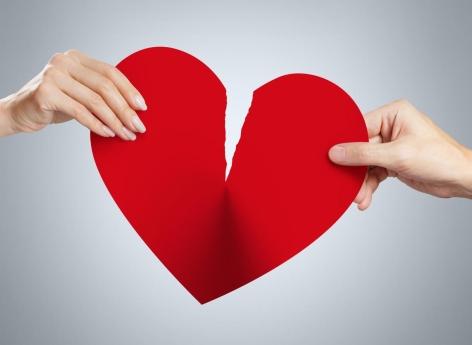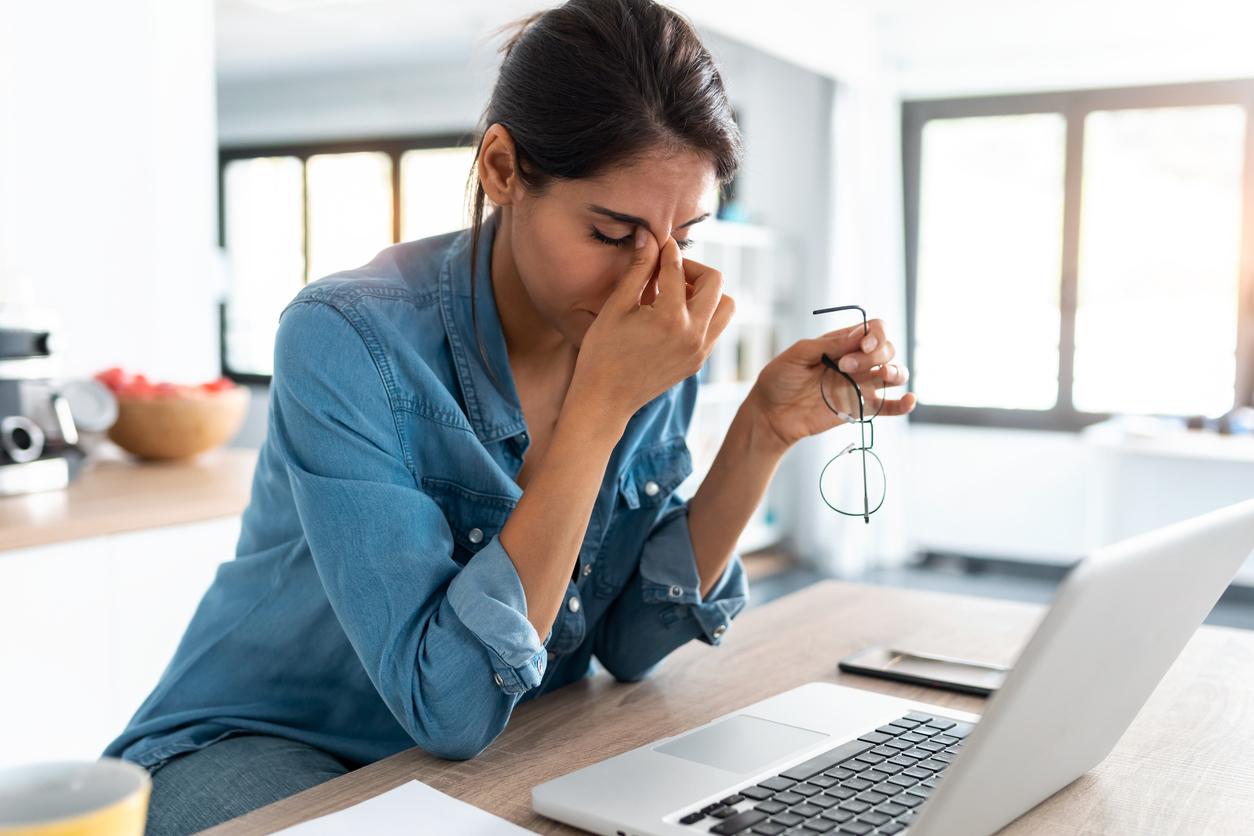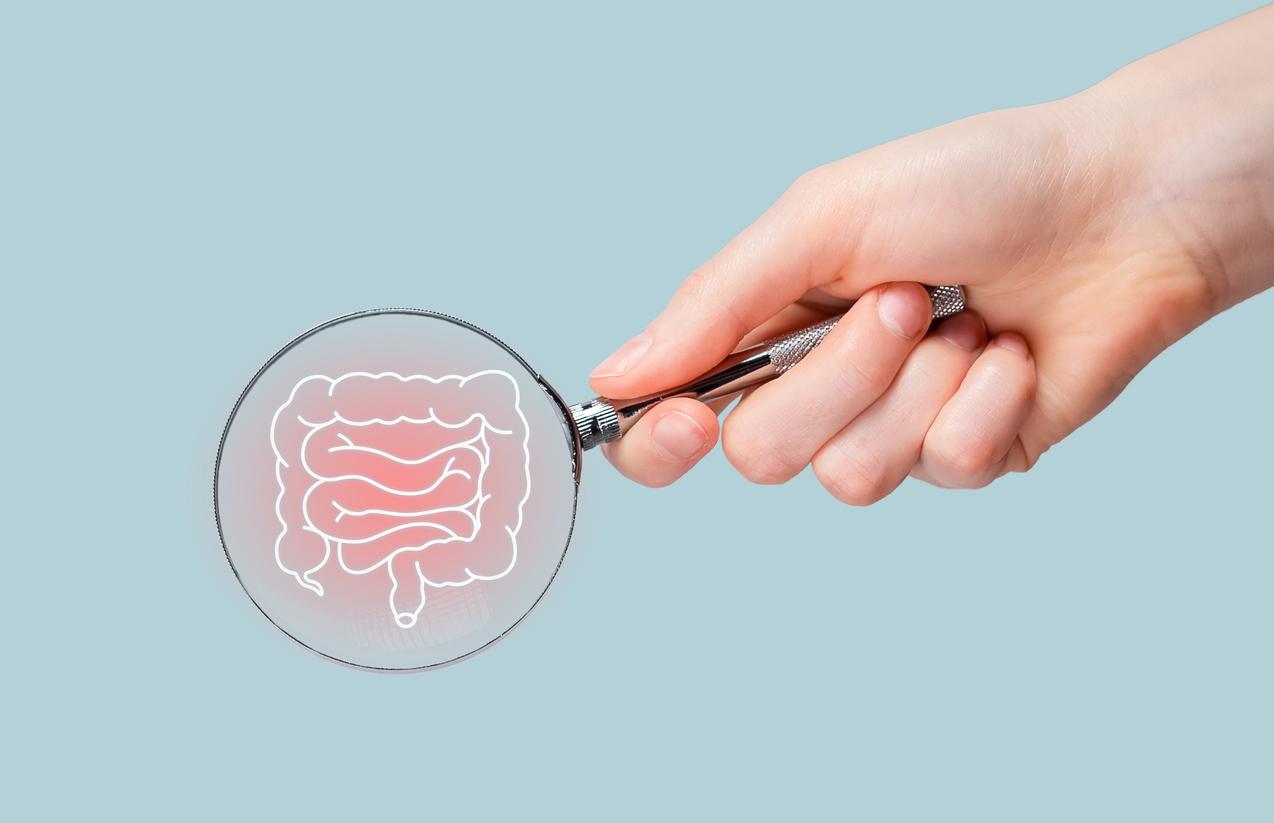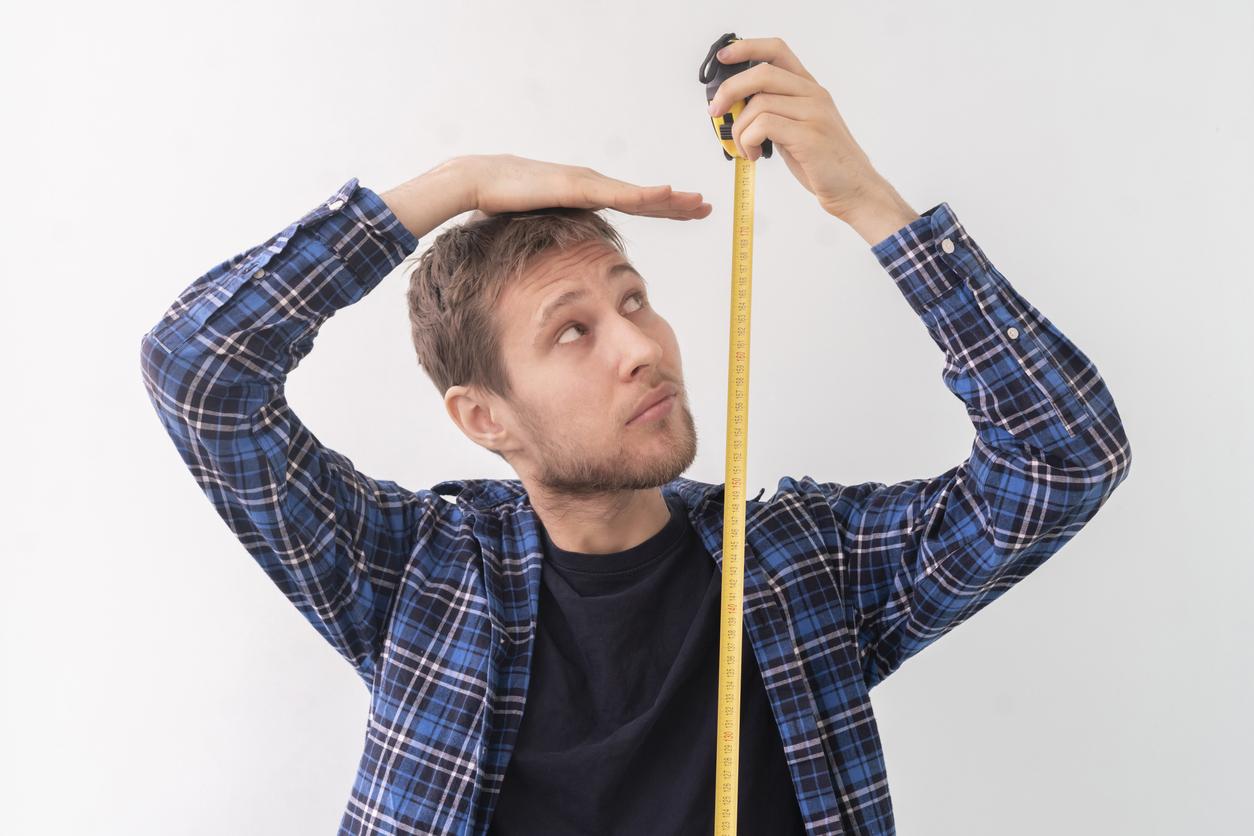If psychological disorders are subjects that are increasingly discussed openly, 79% of men think that men’s mental health is still a taboo subject in France.
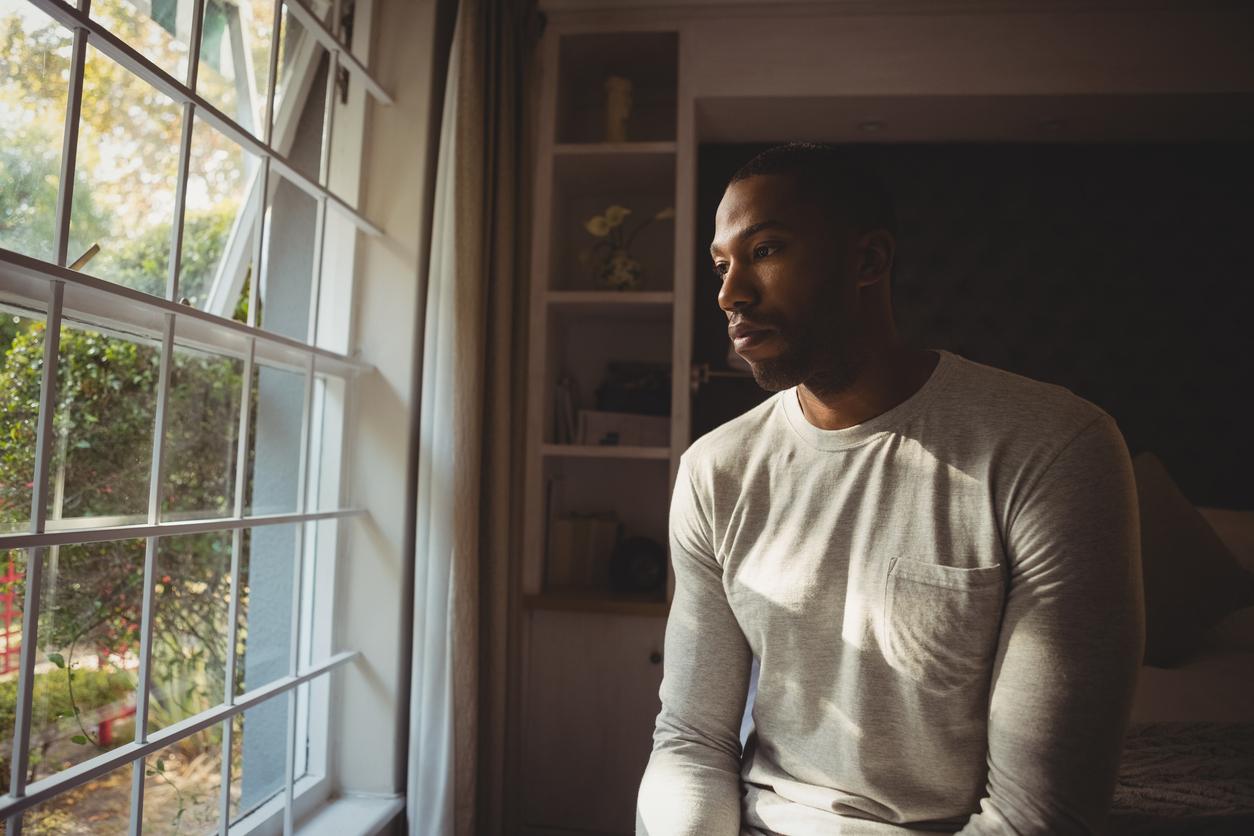
- 6 out of 10 men say they have already experienced a psychological disorder during their life: depression, anxiety, addiction, eating disorder, etc.
- 37% of men struggle to talk about their mental health with those around them.
- Only 30% of those who had experienced psychological disorders consulted a mental health professional for treatment.
Although talking about mental health is less and less taboo, it remains a complicated subject for men to discuss. A survey by the start-up Let’s Tolk and IFOP reveals that more than a third of men struggle to talk about mental disorders with those around them.
Depression, anxiety, addiction: 79% of men consider their mental health taboo
Although the majority of the 1,000 adult men interviewed claim to know both mental health and physical health, they struggle to talk about it freely. Nearly 8 out of 10 respondents believe that mental health remains a taboo subject and 37% find it difficult to talk about it with their loved ones.
“The younger generations are distinguished by a better understanding of mental health (42% of those under 35 compared to 34% of those aged 35 and over) but also by a stronger perception of the taboo (37% vs. 18% among those aged 35 and more). They are also more likely to endorse negative beliefs, such as the idea that “it’s a matter of willpower”, although this score remains low. specifies the study.
If men have difficulty opening up about depression, anxiety, addiction or even eating disorders, they do not perceive badly those who succeed. In fact, 64% of the men questioned rejected the idea that talking about one’s mental disorders was a weakness.
During the survey, nearly 6 out of 10 respondents said they had had a psychological disorder during their life. But only 30% of them saw a mental health professional for this. Of those who sought help, 62% turned to a specialist. The general practitioner is the professional most frequently contacted (38%), followed by the psychologist (31%) then the psychiatrist (20%).
Mental health: almost 7 in 10 men cry in private
If men are ready to consult for their mental health, certain obstacles prevent them from crossing the door of the office such as the cost of the consultation (38%), the embarrassment of confiding in a stranger (37%) or the complexity of supply (33%). Some people interviewed also cited the risk that those around them would take it badly or stigmatize them (16%) and finally, the fear of being seen by the psychologist (14%).
How do men manage their poor mental health? Nearly 7 in 10 said they cried in private, but 41% said they had only done so 2 or 3 times. Those under 35 are the most likely to admit to doing it several times a month or a year (37%). Seniors seem to have more difficulty letting go or admitting it (52% of them say they have cried only 2 or 3 times in their life).
Furthermore, when they have psychological difficulties, men also tend to take refuge in sport (23%). They then turn to solutions that are more dangerous for their physical health or their personal life such as alcohol (19%), then games (12%) and adult content (10%). “Those under 35 favor sports (34%), while 25-49 year olds are more likely to turn to games (18%) and adult content (14%). Furthermore, those aged 35 -49 years old take refuge more in drugs (14%)”, specify the authors of the study.
“This tendency to hide one’s feelings can lead to an accumulation of stress and emotional distress, which itself can lead to physical and emotional exhaustion, sleep problems, irritability, lack of motivation, emotional distancing, memory loss and difficulty thinking. It seems vital not to keep your suffering to yourself and to find the right professional to confide in.adds Guivaine Rochedy, clinical psychologist and psychotherapist on Let’s Tolk.









